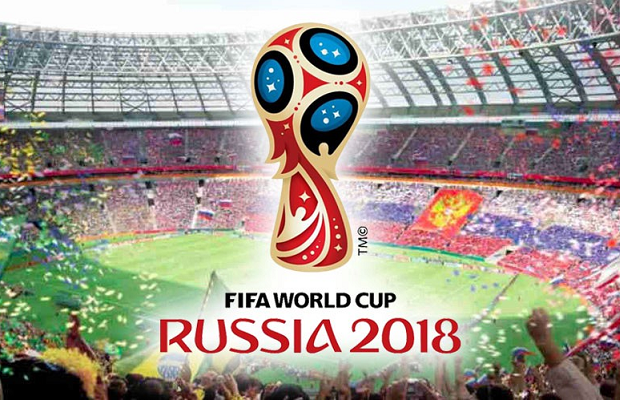Only one fifth of UK internet users will be tuning into all scheduled England matches in the 2018 FIFA World Cup.
The survey by GlobalWebIndex, reveals that globally, 65% of internet users are expected to watch this year’s World Cup (*), just under half (48%) of UK respondents have ‘faith’ in the England football team.
Key findings include:
• 65% of Brits will be watching the games from home rather than the pub/bars (24%)
• 39% would prefer to watch BBC coverage rather than ITV (25%)
• 64% believe adverts around the World Cup are not meeting the expectations of a broader football audience.
o Reasons for this include ads being “too male centric” (14%), having “no diversity” (13%), “lacking relevance” (15%) or “plain boring” (22%).
• Sponsorship not essential for brands to succeed at the World Cup (see table below)
• 48% say they have faith in England – 29% think we will make it to the quarter finals and 13% to the semi-finals
• A small group of optimists (16%) think England will reach the final
• Only a fifth will tune in to watch all England group games
58% of respondents think England will make it out of the knockout stages. Among which, 29% think England will make it to the quarter finals, 13% to the semi-finals, and merely 16% to the finals.
Despite lack of faith in an England win, the marketing opportunity is still huge
Despite uncertainty surrounding England’s performance, 62% of UK internet users say they will watch most matches from this year’s tournament from home rather than in pubs or bars (24%).
39% say they will likely be watching the final on the BBC and 25% on ITV. This presents UK brands with an ideal opportunity to engage their audience through second-screening and TV ads.
However, brands still have work to do to win over fans. 64% believe adverts around the World Cup are not meeting the expectations of a broader football audience. Reasons for this include ads being “too male centric” (14%), having “no diversity” (13%), “lacking relevance” (15%) or “plain boring” (22%).
Jason Mander, Chief Research Officer comments: “The World Cup presents an opportunity for brands to engage with fans in a myriad of ways, whether it’s a comment on social media discussing the action on the pitch, a TV ad at half time, or seeing their logo on players’ kit. It is essential that across any sporting organisation, everyone delivers fans a positive, enjoyable experience and that brands gather audience insights to be able to deliver effective communications.”
Sponsorship not essential for brands to succeed at the World Cup
When questioned about the brands UK consumers typically associate with the 2018 World Cup, official sponsors enjoy healthy affinity to the tournament. 54% of consumers associate Coca-Cola with the sporting event, 38% Adidas, 30% Visa and 27% Budweiser.
However, findings highlight that sponsorship is not everything, with some competitors of official sponsors sharing almost the same affinities to the World Cup, despite not investing directly in the tournament.
| % of UK internet users who associate these brands to the World Cup | ||
| Association (% of UK Internet Users) | Official Sponsor/Partner with World Cup | |
| Coca-Cola | 54% | YES |
| Adidas | 38% | YES |
| Nike | 37% | NO |
| MasterCard | 33% | NO |
| Visa | 30% | YES |
| Budweiser | 27% | YES |
| Carlsberg | 25% | NO |
Jason Mander continues: “The increased scrutiny on corporate partnerships means that now more than ever, sports and entertainment properties need to have a good understanding of why sponsors are spending money with them and they need to be able to quantify the value their partnerships create for their partners’ businesses. And if properties can’t demonstrate the value they create? Well, then brands just won’t renew their partnership agreement, looking instead for brand exposure outside of official sponsorship.”

